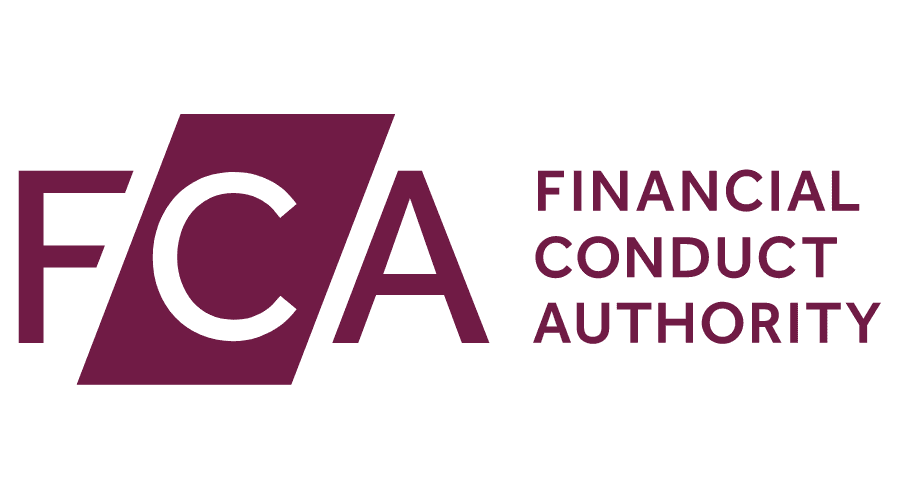Passive funds for sale in the UK are likely to be “significantly underrepresented” under the Financial Conduct Authority’s (FCA) Sustainable Disclosure Regulation (SDR), Morningstar research has found.
According to Morningstar research, which assessed closed and open-ended funds for sale in the UK including ETFs, found passive funds will account for just 7% of funds expected to be labelled under one of the four categories outlined by the FCA.
Most passive funds available for sale in the UK are registered as overseas ETFs, domiciled in Ireland or Luxembourg, and are therefore not in scope.
It comes as the FCA unveiled the final rules for SDR in late November, adding a fourth label – ‘Sustainability Mixed Goals’ – to sit alongside its ‘Sustainability Focus’, ‘Sustainability Improvers’ and ‘Sustainability Impact’ categories.
However, asset managers said the rules have left them in “limbo” due to the lack of clarity on whether it will apply to overseas funds.
The Overseas Fund Regime (OFR) is planned to be introduced in April 2024 and is set to remove a key post-Brexit barrier for EU-domiciled ETFs entering the UK.
Of those funds passive funds domiciled in the UK, Morningstar estimates just 25 will apply for a label.
Hortense Bioy global director of sustainability research at Morningstar, said: “The limited number of labelled passive funds will reduce the choice offered to sustainability-oriented investors in the UK.”
Overall, just 3% of funds available for sale in the UK are expected to opt for one of the four labels, covering roughly 300 funds with around €110bn assets under management (AUM).
Bioy added: “The success of the UK labelling regime will lie in the quantity and quality of the products that get labelled.
“We expect conversations in the next few months and the first wave of implementation later this year to determine how this market will shape up.”
Of those labels, Morningstar estimates ‘Sustainability Focus’ will be the largest label, accounting for 46% of the funds.
This is followed by ‘Sustainability Mixed Goals’ (31%) – funds that invest in a mix of assets focusing on sustainability problems – aiming to improve sustainability overtime or achieving a positive impact.
The ‘Sustainability Improvers’ and ‘Sustainability Impact’ categories will account for 12% and 11% of funds respectively.
In terms of asset class, equity funds are expected to represent over half of the labelled funds, while fixed income funds could account for less than 10%.
Fixed income currently accounts for 22% of all funds available for sale in the UK.
“Equity remains the asset class where it is easier to integrate ESG factors,” Bioy said.
“ESG integration in fixed-income strategies faces multiple issues, including data availability and quality. There is also the issue with evidencing sustainability outcomes in the case of sovereign debt.”




